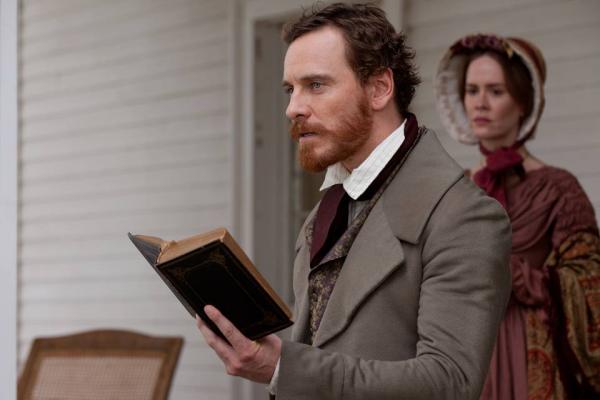I pre-screened 12 Years a Slave the same weekend I saw Gravity. The two films couldn’t be more different, although they do have some fascinating (if not immediately obvious) commonalities.
As for commonalities, they’re both powerful and both deserve to be seen. Both are about people trying to get home — one, in a harrowing adventure that takes several hours, the other in an agonizing 12-year struggle. The protagonists of both movies demonstrate heroic resilience and courage. One struggles with physical weightlessness, the other with a kind of social or political weightlessness.
Although Gravity impressed and fascinated me, 12 Years a Slave affected me and shook me up. Now, several days later, scenes from the film keep sneaking up on me and replaying in my imagination — three in particular.
Read the Full Article

